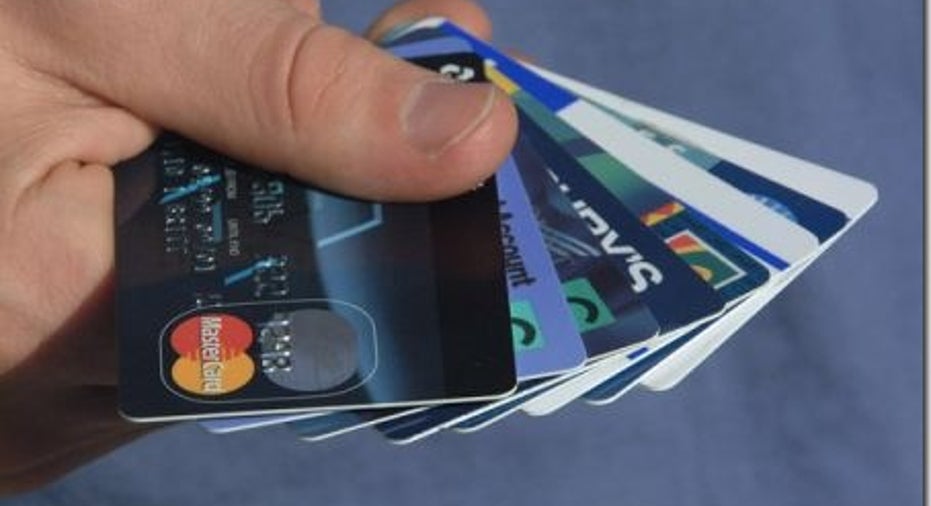Getting Debt Help may Hurt Access to New Credit

Dear Opening Credits,
I've paid $25,000 in credit card debt down to $2,500 and would like to get a credit card again. I've been turned down three times in the past year because people see I'm working with Consumer Credit Counseling to pay that debt off. I'll be done in July 2012. When will that not be a negative factor preventing me from getting a new card? Thank you!
-Sheila
Dear Sheila,
Repaying that much money is an achievement worthy of a sash and crown! And a new credit account, too. Here's what's going on and how you can get the account you want.
First, we must revisit the past -- the time before you began working with Consumer Credit Counseling Service (CCCS). For untold reasons, you got yourself into quite a bit of ugly debt and then had a hard time getting out of it on your own. Maybe you had missed payments or those you did send were so small that the balances refused to budge. So you turned to CCCS for assistance. After they developed a budget and presented you with various options on how to deal with your financial problems, you accepted their debt management plan (DMP) offer.
Debt management plans are designed to get clients out of debt in three to five years. Part of the agreement you signed was that while you are on the plan you don't pursue any more loans or lines of credit. In fact, it's one of the primary reasons creditors who work with CCCS reduce their interest rates for those on a DMP.
Some -- if not all -- of those creditors have been reporting your participation on the plan to the credit reporting bureaus. It's simply a note that says you're paying through a third party system. This notice has no effect on your FICO score, but anyone who pulls your reports can see it and make a subjective determination about you. Their opinion may be good, bad or neutral.
Did the credit card companies deny you because of the debt management plan? It's possible. Most will see that you've been making your monthly payments on time and have deleted a significant amount of debt, so will perceive that as fantastic. However, maybe when you applied you still owed too much for their taste. Or your income wasn't sufficient. Credit issuers look at more than just reports and scores; they assess your overall financial circumstances. You've got to earn enough money to support the card in question.
Another reason for the rejections might be that your credit score was too low for the credit product you pursued. Prior to going on the plan, you might have had an extremely low score and though you've been improving your pattern with the main scoring factors -- payment history and outstanding debt -- you haven't actively been using credit. Because of that, you haven't been adding positive charging action to your file. What you have done is add a few inquiries though, which lowered your score a little.
So this is what you need to do:
- Finish the plan. You'll free up cash that had been going to your old creditors and new issuers will like that.
- Check your credit reports (AnnualCreditReport.com) and score (myFICO.com). It's important to see where you stand today.
- Secure your income. If you don't have a steady job, credit card companies won't want to do business with you.
- Apply for the right account type. Use the CardMatch program on CreditCards.com to find the credit card that you will probably qualify for.
- When you have the card, charge a few times a month and pay the balance in full. This way you'll remain in the black and build a gorgeous new credit history. Long may Miss Credit America reign!



















